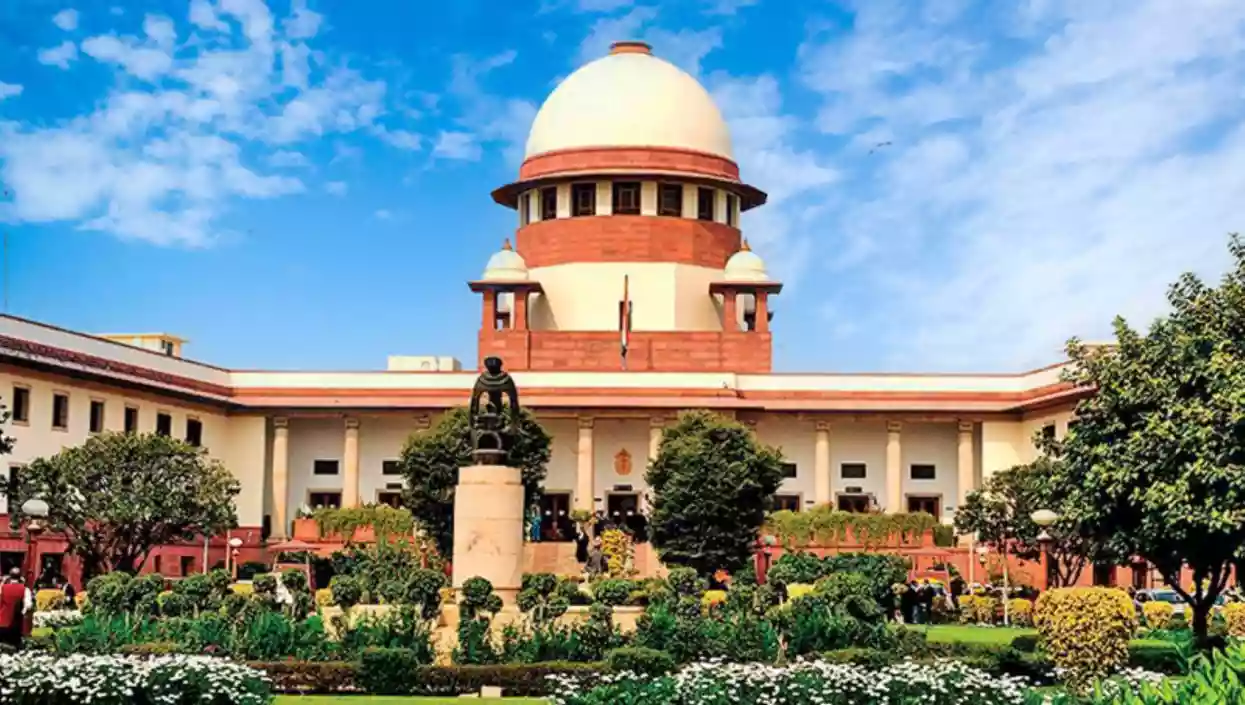.gif)
.gif)

The Supreme Court on Friday delivered a significant judgment, declaring maternity leave an essential part of women’s reproductive rights. A bench comprising Justice Abhay S Oka and Justice Ujjal Bhuiyan ruled that no institution can deny a woman maternity leave if she is otherwise eligible, reinforcing that maternity benefits are a matter of fundamental rights, not bureaucratic discretion.
The verdict came while hearing the plea of a government school teacher from Tamil Nadu who was denied maternity leave after the birth of her third child. Authorities had rejected her request under a state rule allowing benefits only for the first two children. The petitioner, however, clarified that she had not availed any such benefits for her first two children from a previous marriage, as she was unemployed at the time. Her employment began after her second marriage, and this was her first time seeking maternity leave.
Taking note of these circumstances, the court ruled in her favour and asserted that access to maternity leave could not be restricted based on rigid technicalities, especially when the woman had never availed the benefit before. The court reaffirmed that the Maternity Benefit Act and its subsequent amendments—especially the 2017 change extending paid leave to 26 weeks—must be interpreted in the spirit of reproductive justice and gender equality.